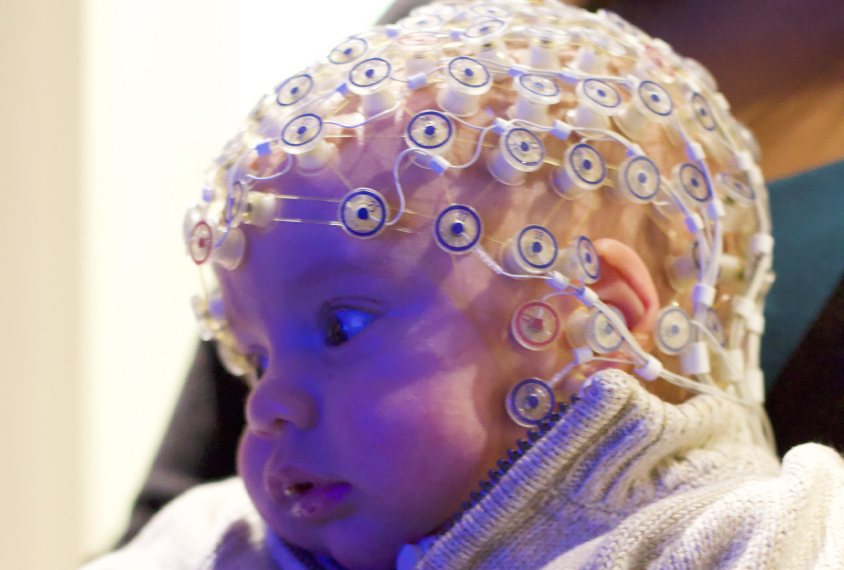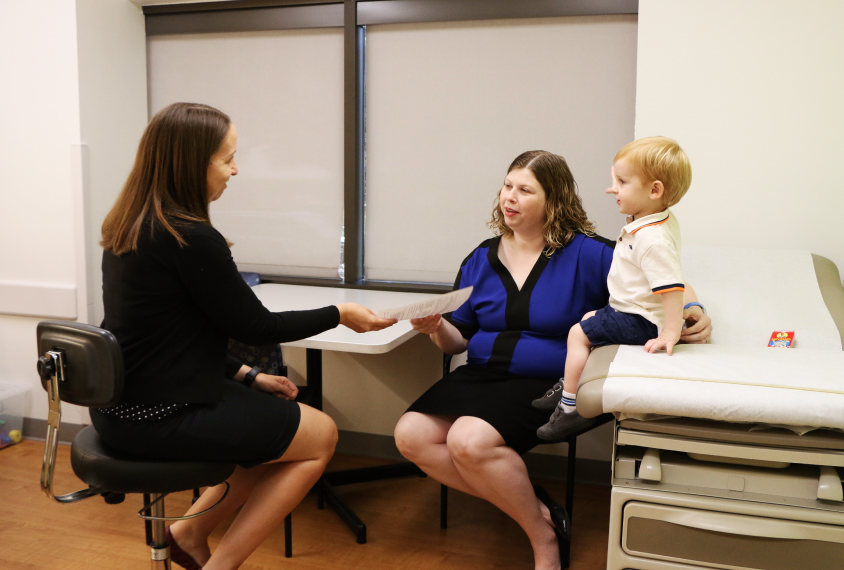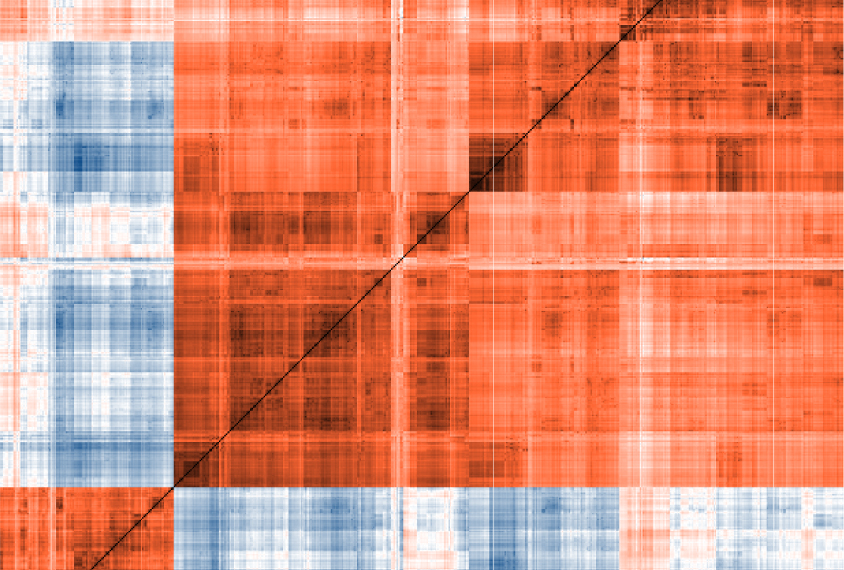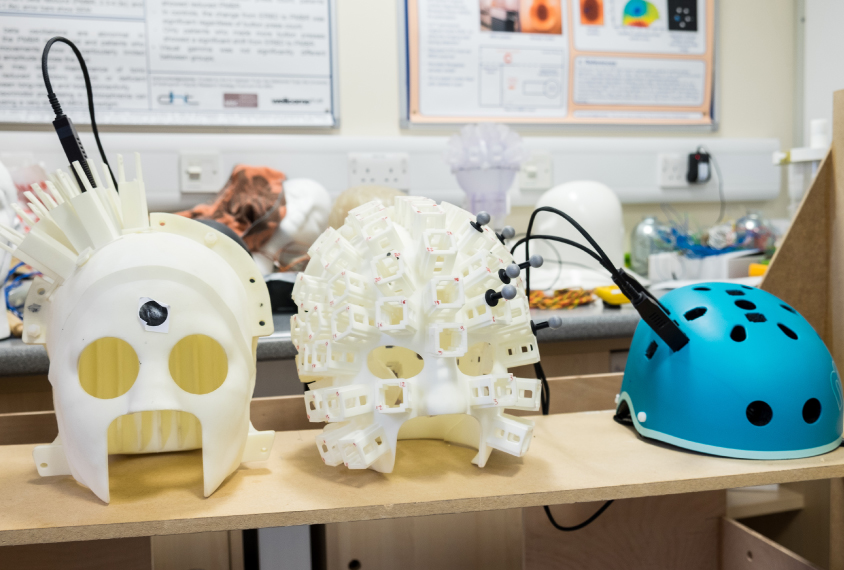Nicole Wetsman
From this contributor
Certain patterns of brain waves in babies may forecast autism
Brain activity patterns in the first year of life may predict autism in infants at high risk for the condition.

Certain patterns of brain waves in babies may forecast autism
U.S. funnels funds into research related to autistic adults
The U.S. government has injected $1.8 billion into autism research with a potential new focus: adults on the spectrum.

U.S. funnels funds into research related to autistic adults
Positive screen for autism often does not spur further evaluation
More than two-thirds of toddlers flagged for autism do not get assessed for the condition by specialists.

Positive screen for autism often does not spur further evaluation
Algorithm flags harmful mutations in single copies of genes
A new tool can predict a genetic problem called 'haploinsufficiency' in which a mutation impairs the function of one copy of a gene.

Algorithm flags harmful mutations in single copies of genes
Wearable device accurately scans brains in moving people
A new neuroimaging device that is worn like a helmet enables researchers to map the functional activity of a person’s brain as she moves her head.

Wearable device accurately scans brains in moving people
Explore more from The Transmitter
Two neurobiologists win 2026 Brain Prize for discovering mechanics of touch
Research by Patrik Ernfors and David Ginty has delineated the diverse cell types of the somatosensory system and revealed how they detect and discriminate among different types of tactile information.

Two neurobiologists win 2026 Brain Prize for discovering mechanics of touch
Research by Patrik Ernfors and David Ginty has delineated the diverse cell types of the somatosensory system and revealed how they detect and discriminate among different types of tactile information.
Shifting neural code powers speech comprehension
Dynamic coding helps explain how the brain processes multiple features of speech—from the smallest units of sounds to full sentences—simultaneously.

Shifting neural code powers speech comprehension
Dynamic coding helps explain how the brain processes multiple features of speech—from the smallest units of sounds to full sentences—simultaneously.
Astrocytes orchestrate oxytocin’s social effects in mice
The cells amplify oxytocin—and may be responsible for sex differences in social behavior, two preprints find.

Astrocytes orchestrate oxytocin’s social effects in mice
The cells amplify oxytocin—and may be responsible for sex differences in social behavior, two preprints find.